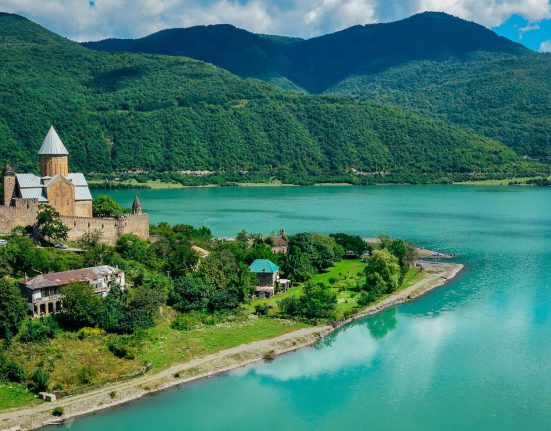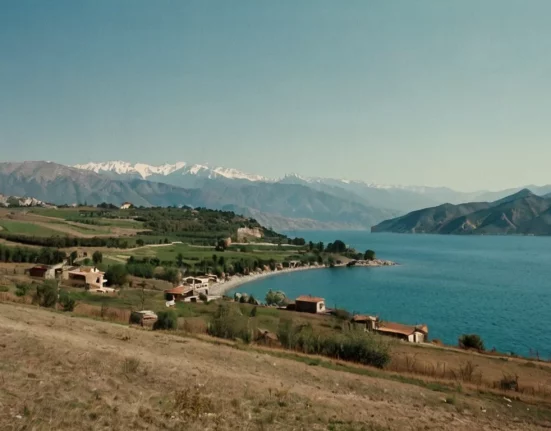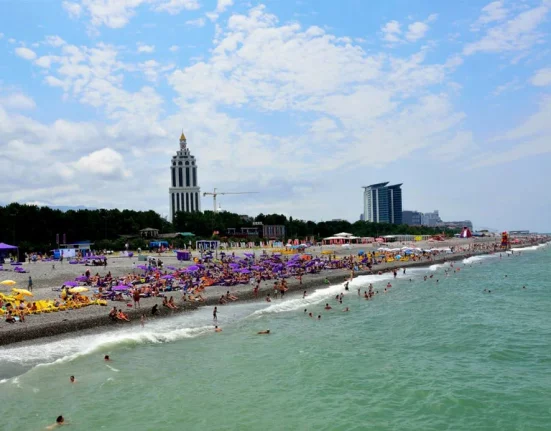Georgia, a country nestled at the crossroads of Eastern Europe and Western Asia, boasts a rich and complex history that spans millennia. Its strategic location has made it a cultural and political battleground, where empires and kingdoms have vied for control. This article delves into the key moments that have shaped Georgia’s history, from its ancient origins to its modern statehood.
Ancient and Early Medieval Period
- Formation of Ancient Kingdoms (c. 12th century BCE – 4th century BCE)
- The region of modern-day Georgia was inhabited by various tribes in ancient times. The earliest known kingdoms were Colchis and Iberia. Colchis, located in western Georgia, is often associated with the myth of Jason and the Argonauts, who sought the Golden Fleece. Iberia, in the east, was known for its early statehood and cultural development.
- Adoption of Christianity (326 CE)
- King Mirian III of Iberia converted to Christianity, making Georgia one of the earliest Christian states in the world. This pivotal event unified the country under a single religion and established the Georgian Orthodox Church, which remains influential to this day.
Medieval Georgia
- The Golden Age (11th – 13th centuries)
- Georgia’s Golden Age began with the reign of King David IV (David the Builder, 1089-1125), who unified the country and implemented significant reforms. His great-granddaughter, Queen Tamar (1184-1213), continued this legacy, leading Georgia to unprecedented prosperity and cultural achievements. During this period, Georgian architecture, literature, and arts flourished, and the country became a dominant regional power.
- Mongol Invasions and Decline (13th – 15th centuries)
- The Mongol invasions in the 13th century marked the beginning of a turbulent period for Georgia. Although the country initially managed to retain a degree of autonomy, continued invasions and internal strife weakened the kingdom. By the 15th century, Georgia had fragmented into several smaller states.

Early Modern Period
- Persian and Ottoman Domination (16th – 18th centuries)
- Georgia’s strategic location made it a target for both the Persian and Ottoman Empires. The country was frequently caught in the crossfire between these two powers, leading to periods of domination and intermittent autonomy. Despite the external pressures, Georgian culture and national identity persisted.
- Russian Annexation (1801-1810)
- Seeking protection from Persian and Ottoman threats, Georgian leaders looked to Russia for support. In 1801, the eastern Georgian kingdom of Kartli-Kakheti was annexed by the Russian Empire, followed by other Georgian territories over the next decade. This period marked the end of Georgia’s centuries-long sovereignty and the beginning of Russian rule.
Soviet Era and Independence
- Soviet Incorporation (1921)
- After a brief period of independence following the Russian Revolution, Georgia was invaded by the Red Army in 1921 and incorporated into the Soviet Union. Under Soviet rule, Georgia experienced significant industrialization and urbanization but also political repression and purges, particularly during Stalin’s regime, who was himself Georgian.
- Restoration of Independence (1991)
- The dissolution of the Soviet Union in 1991 led to the re-establishment of Georgia’s independence. However, the country faced immediate challenges, including civil unrest and economic difficulties. The early 1990s were marked by conflicts in the regions of Abkhazia and South Ossetia, which sought independence from Georgia.
Modern Georgia
- The Rose Revolution (2003)
- The peaceful Rose Revolution in 2003 resulted in the resignation of President Eduard Shevardnadze and the election of Mikheil Saakashvili. This event marked a significant shift towards democratic reforms and a pro-Western foreign policy. Saakashvili’s tenure saw extensive reforms in governance, the economy, and efforts to curb corruption.
- Russo-Georgian War (2008)
- Tensions with Russia culminated in the brief but intense Russo-Georgian War in August 2008. The conflict centered around the breakaway regions of South Ossetia and Abkhazia, which Russia subsequently recognized as independent states. The war had significant implications for Georgia’s territorial integrity and its relations with Russia and the West.
- European Integration Efforts (2010s – Present)
- In recent years, Georgia has continued to pursue closer ties with Western institutions. The country signed an Association Agreement with the European Union in 2014, including a Deep and Comprehensive Free Trade Area (DCFTA). Efforts to join NATO have also been a significant aspect of Georgia’s foreign policy, despite ongoing tensions with Russia.
The history of Georgia is a testament to the resilience and tenacity of its people. From ancient kingdoms to modern statehood, Georgia has navigated a complex landscape of foreign domination, internal strife, and cultural evolution. Today, Georgia continues to forge its path, balancing its rich historical legacy with aspirations for a prosperous and secure future.













Leave feedback about this